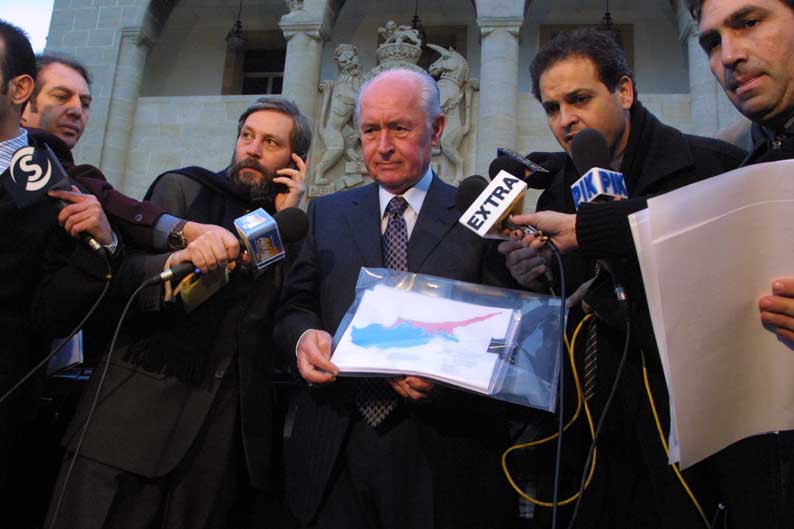The Cyprus chamber of commerce (Keve) and the federation of employers and industrialists (Oev) deserve congratulations for turning down the government’s proposal on CoLA. In fact, it was a surprise that it took them so long to do so, considering the government’s proposal was blatantly biased, giving the unions everything they had asked for, and employers tax incentives.
The decision was taken on Wednesday evening, surprising the government, which was under the impression that the signing of an agreement was a formality, after the president had a three-hour meeting with the employers’ representatives at the presidential palace last Sunday. The Keve and Oev top brass felt that the government had tricked them, by changing the wording of the proposal that had been agreed on Sunday.
Whereas in the original text, the talk was about “implementing incentives for the expansion of CoLA,” in the final text presented to the two sides, expansion of CoLA, would be secured by “relevant measures that would be enforced by the ministers of labour and finance in this direction.” The idea of incentives for employers being used for the expansion the reach of CoLA had replaced measures that would be imposed by the ministers.
Having the taxpayer fund wage rises by giving tax incentives for businesses that adopted CoLA was a very unorthodox move, and although employers initially accepted it, they later concluded that this would have been just a sweetener, paving the way for ‘CoLA for all’. Perhaps the employers understood that the government proposal was giving the unions what they had been demanding from the start – 100 per cent of CoLA that would be gradually implemented – with the restriction that it would be paid for up to a maximum rate of inflation of four per cent.
The issue, however, is not about the technicalities. It is about government and the political parties always bowing to the unions and this is exactly what has happened in the case of the CoLA dispute which surfaced in July. In these three-and-a-half months the labour and finance ministers, supported by the president, have been involved in talks with the two sides, their objective being making some minor concessions to employers so that they would consent to the union demand for 100 per cent CoLA, which has remained unchanged from the start. Unions made no compromise, other than to agree to the gradual implementation of 100 per cent CoLA over the next 20 months.
This is why Keve and Oev were right to reject the government’s proposal. It was necessary for them to stand up to the government-unions alliance that always expects businesses to surrender and accept the diktats of the union bosses, even when they make no economic sense.







Click here to change your cookie preferences